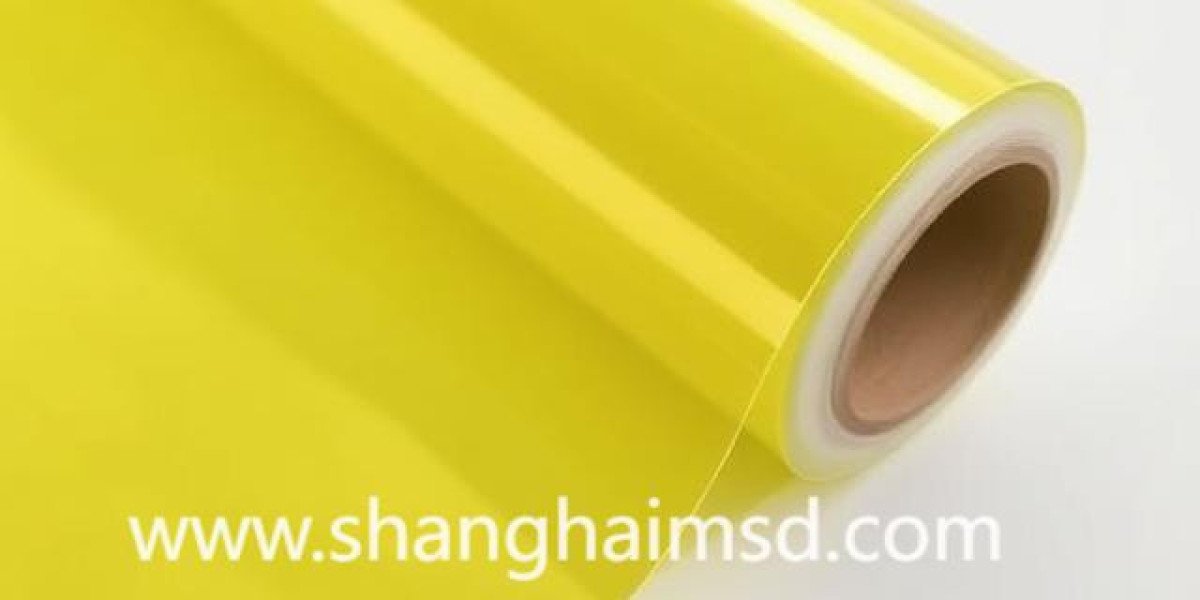Thermoplastic polyurethane (TPU) is widely recognized for its exceptional flexibility, abrasion resistance, and overall durability. However, to unlock its full potential for high-performance applications, adding nanofillers to the TPU matrix is becoming increasingly popular. This innovative approach, which results in what is known as TPU Compound Film, offers a range of benefits, including enhanced mechanical properties, superior thermal stability, and improved barrier performance. The use of nanofillers, such as carbon nanotubes (CNTs), graphene, and nanoclays, has the ability to transform standard TPU films into high-tech materials suitable for industries ranging from automotive to medical devices and electronics.
One of the key advantages of incorporating nanofillers into TPU films is the improvement in their mechanical properties. TPU films are already known for their toughness, but when reinforced with nanoparticles, they exhibit significantly enhanced tensile strength and tear resistance. These improvements allow TPU films to handle more stress and maintain their integrity even in demanding environments. For industries like automotive manufacturing, where material performance and longevity are paramount, the addition of nanofillers to TPU films is a game-changer. The improved mechanical strength makes TPU Compound Films ideal for a wide range of components, including flexible seals, gaskets, and protective coatings.
In addition to increasing mechanical strength, nanofillers also enhance the thermal stability of TPU films. Many of the nanomaterials used to reinforce TPU, such as CNTs and graphene, are known for their exceptional resistance to heat. By incorporating these fillers into the TPU matrix, the resulting films can withstand high temperatures without becoming brittle or losing their mechanical properties. This is particularly advantageous for applications that require exposure to heat, such as in the automotive and electronics industries. TPU films reinforced with nanofillers provide an effective solution for components that need to perform reliably even in extreme temperatures, making them ideal for use in parts exposed to high heat, such as engine components and electronics casings.
Nanofillers also significantly improve the barrier properties of TPU Compound Films. The addition of nanoparticles increases the film's resistance to gases, moisture, and UV radiation, enhancing the material's ability to protect sensitive products and components. For example, in the packaging industry, TPU films with nanofillers provide an effective barrier to prevent the penetration of moisture and oxygen, thus extending the shelf life of packaged goods. This makes nanofiller-enhanced TPU films a valuable option for food packaging, pharmaceuticals, and other industries where product protection is essential.
Furthermore, the incorporation of nanofillers can also improve the electrical properties of TPU films. While TPU is traditionally an insulating material, by introducing conductive nanomaterials such as silver nanoparticles or carbon black, manufacturers can create TPU films with the ability to conduct electricity. This opens up new opportunities for TPU Compound Films in the growing field of flexible electronics. These materials are now being used for applications such as touch screens, wearable devices, and sensors, where both flexibility and electrical conductivity are required. This innovation is a significant step forward in the development of advanced electronics, as it allows for the creation of flexible, durable, and conductive films that are essential for modern technological devices.
The trend of incorporating nanofillers into TPU Compound Films also aligns with the growing demand for sustainable and environmentally friendly materials. With increasing concerns about the environmental impact of plastic waste, industries are seeking more eco-friendly solutions. Nanofiller-enhanced TPU films can be made using biodegradable or recyclable nanomaterials, providing an environmentally conscious alternative to traditional films. These materials not only perform at a high level but also contribute to reducing the environmental footprint of industries that rely on them.
Shanghai MSD International Trading Co., Ltd. recognizes the transformative potential of TPU Compound Films with nanofillers. By adopting the latest advancements in nanotechnology, Shanghai MSD is able to offer customers high-performance materials that combine the best of both worlds—exceptional durability and sustainability. These films are not only enhancing the performance of existing products but also paving the way for innovative new applications across various sectors.For more information on the growing industrial use of TPU Compound Films and the advantages of nanofiller-enhanced materials, visit https://www.shanghaimsd.com/news/growing-industrial-use-of-tpu-compound-film-highlights-material-s-versatility.html .







